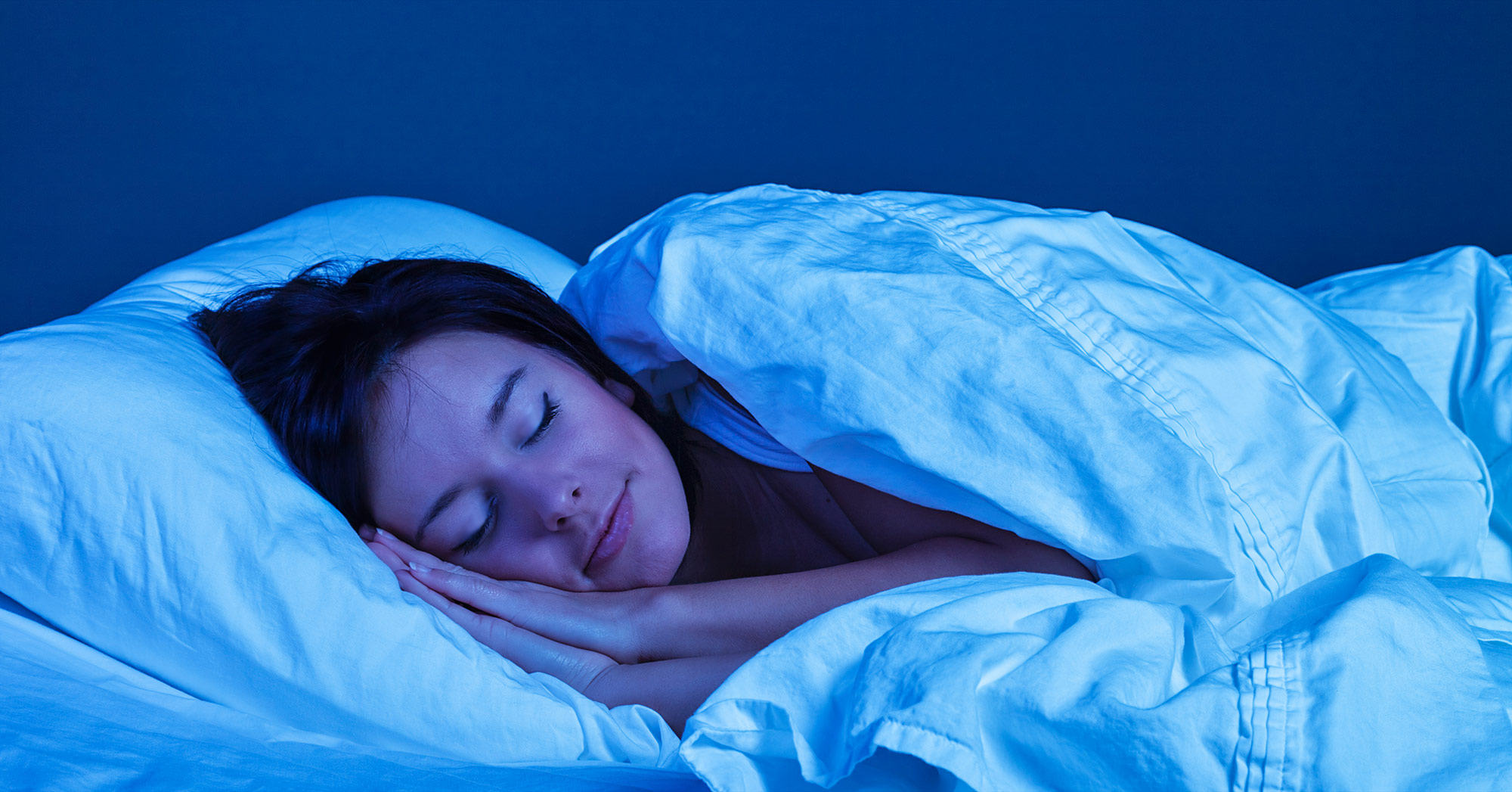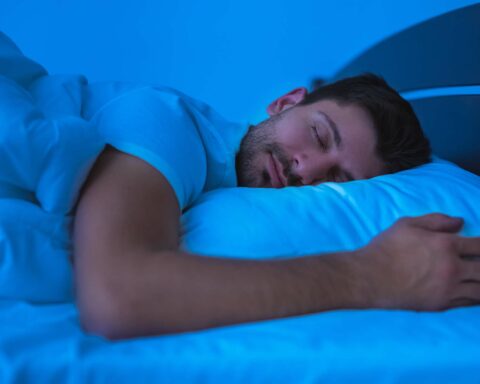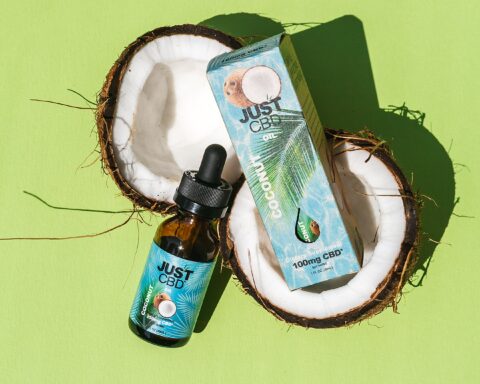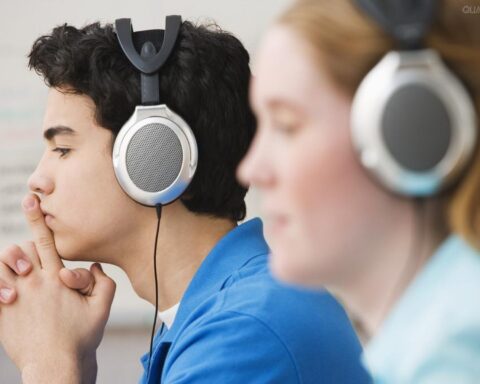The different stages of sleep (including what happens during each stage and how long each stage lasts) and why deep sleep is important.
They include;
Stage 1
Here, you may sleep with eyes closed, but can easily be woken up. It may take between five and ten minutes.
Stage 2
In stage 2, you become slightly asleep following a drop in body temperature and heart rate. It happens to prepare your body for deep sleep and takes between 10 and 25 minutes.
Stage 3
This is where you experience real sleep and may not easily be roused to wake up. Even if it happens, you may feel confused for a few moments.
The above stages are classified as non-REM, where your deep sleep allows the body tissue to regrow and repair, making the immunity better.
The reasons why someone may not be getting enough deep sleep
- Sickness, such as stroke, chronic pain syndrome, and depression.
- Sleep disorder, including sleep apnea, insomnia, and narcolepsy.
- Aging entailing health issues or medicines taken.
How much deep sleep is ideal? Let’s also discuss the consequences of not getting enough deep sleep on a regular basis.
The best sleep should be between 7-9 hours of uninterrupted sleep. It may depend on factors like age or health conditions. For example, pregnant women may need more sleeping hours and older adults between 7 and 8 hours. Without enough sleep, the following may occur.
10 tips to promote deep sleep. Please explain how/why each works and how to do it properly (for example, if you recommend working out, be sure to include how long and when before bed to do that).
Avoid coffee towards evening
Coffee contains caffeine that may stimulate the brain, making it hard to fall or stay asleep. I recommend at least six hours before bed time if you must take it.
Have white or pink noise
If your neighborhood is noisy, it is best to block the disruptive sounds using white noise to help fall and remain asleep. Steady rainfall sound can induce sleep.
Wake up and sleep at consistent times
Sleeping and waking at the same time every day can serve your sleep pattern perfectly. There may not be need for an alarm because the body would have aligned itself with sunset and sunrise.
Consider supplements
Some supplements, including melatonin can improve sleep. It helps relax the mind, making it ready for sleep.
Avoid alcohol
While an alcoholic drink gives a sedative effect when taken in large quantities, increasing sleep chances, it may bounce back after some time. This can interrupt your sleep in the middle of the night and give hardships in falling back to sleep.
Add fiber to your diet
Fiber can impact your sleep quality. Even research suggests that it can increase the time taken in deep sleep stages.
Exercise
Research shows that exercising at daytime helps fall asleep faster during the night. But I discourage my clients to avoid exercising later in the day or before bedtime. It can increase your heart rate and reduce chances of falling asleep faster.
Yoga for sleep
Yoga can be great for sleep, especially with rest in between poses. It helps relax the mind and promote sleep.
Reduce naps during the day
Daytime naps can be a problem to your night time sleep. They possibly confuse your body’s internal clock that may command the body otherwise.
- What Are the 7 Chakras and How Can You Unblock Them? - April 19, 2024
- THCa Flower by Perfect Plant Markey - September 21, 2023
- Arches Audio Shares Their Secrets For Starting A Successful Podcast - July 7, 2023








